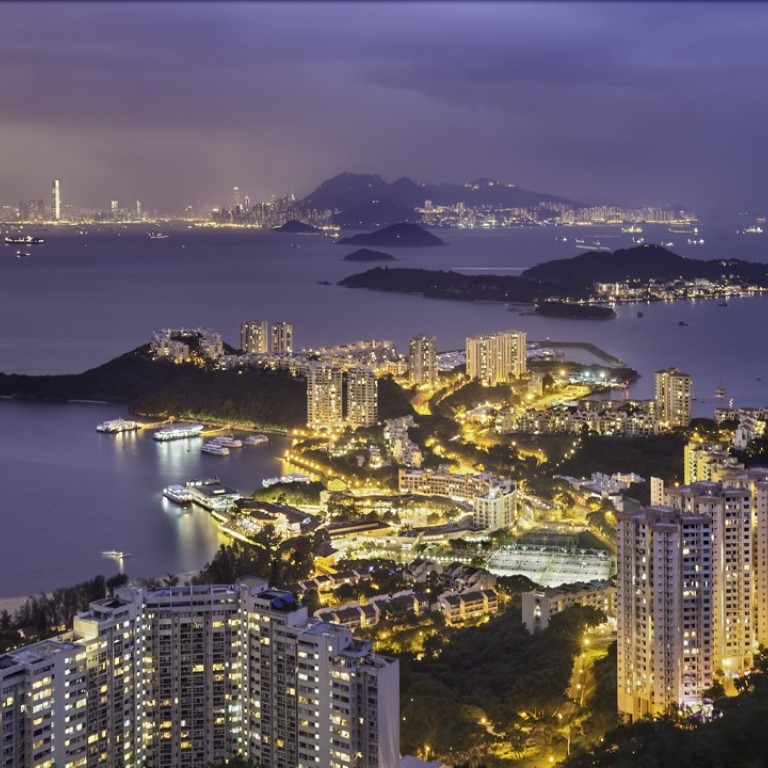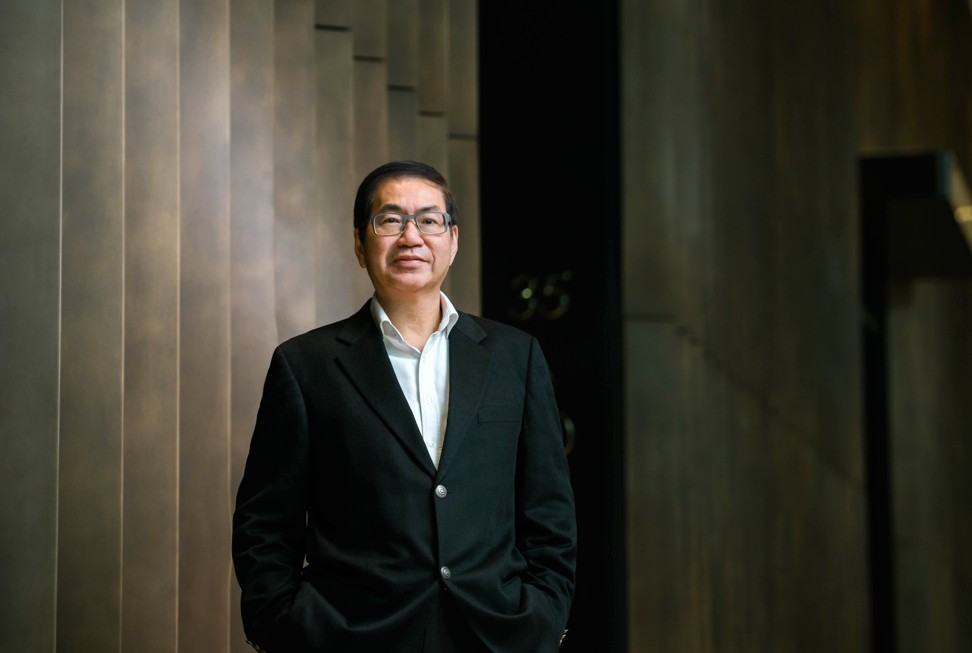
Hong Kong developer HKRI to ‘embrace digital era’ in mainland expansion
China operations to account for third of overall business, says executive director
“We will build projects that are distinct from others,” Jackie Tang Moon-wah, executive director at HKRI in charge of mainland businesses, told the South China Morning Post. “When conditions are ripe, we might be able to develop Discovery Bay-like projects here.”
Tang said a vast land area, as well as the local government’s long-term support with infrastructure building and ample funding were preconditions for such mega projects. Discovery Bay, HKRI’s flagship property in Hong Kong, is a resort-style residential project on northeastern Lantau Island, comprising villas as well as low, mid and high-rise residential developments.

The rise of mainland competitors and increasing land prices have deterred overseas developers from expanding fast in the world’s second-largest economy. But Tang said HKRI was unfazed, and was looking to secure more projects after launching the upscale 18 billion yuan (US$2.72 billion) HKRI Taikoo Hui, a mixed-use development on Shanghai’s Nanjing Road West last month.
“If you have full respect in each piece of land and people living around, you will be able to build masterpiece projects that have their own characteristics, and cater to people’s demands,” he said. “A developer needs to be patient and have vision in designing one-of-a-kind residential and commercial properties in the region.”
At HKRI Taikoo Hui, Seattle-based coffee giant Starbucks opened its biggest store globally. The store supports augmented reality technologies that enable customers to learn more about the coffee-making process.
It took HKRI and its partner Swire Properties 10 years to complete the mixed-use development on Nanjing Road, one of the city’s busiest shopping streets.
Tang said HKRI was using more digital technologies to make its mainland projects more attractive for shoppers and residents, as e-commerce, mobile payments and the sharing economy drastically redraw the commercial landscape.
“Digitalisation is an irreversible and unstoppable trend,” he said. “We will embrace the digital era with an open mind and attitude.”
Lucas Loh Jen Yuh, the chief executive of CapitaLand China, has said in an interview that better use of mobile technologies and thorough analysis of data about people’s shopping habits could effectively help shopping malls to increase foot traffic despite a stern challenge from e-commerce.
Mainland operations will account for one-third of HKRI’s overall businesses, Tang said.
For the last financial year, ending on March 31, HKRI reported revenue of HK$2.23 billion (US$286 million). Currently, the company, a medium-size Hong Kong developer, also has residential and commercial projects in Shanghai, Jiaxing, Hangzhou and Tianjin.

